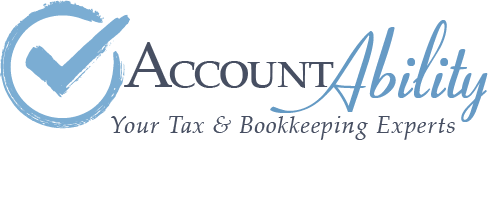Tax Law Changes
Personal
SALT Deduction Cap: Increased to $40,000 in 2025 and indexed through 2029. Phased out for high-income earners. Returns to $10,000 in 2030.
Tax on Tips: New deduction up to $25,000 for qualified tips, subject to MAGI-based phase-outs. Applies 2025–2028.
Overtime Deduction: Above-the-line deduction up to $12,500 ($25,000 for MFJ). Applies 2025–2028.
Car Loan Interest: Deduction up to $10,000 for interest on new personal-use vehicle loans. VIN required. Applies 2025–2028.
Adoption Credit: Up to $5,000 of the credit is refundable. Tribal governments can determine special needs. Starts 2025.
529 Plan Expansion: More qualified expenses covered, including certain tutoring and testing fees. Deduction limit increases to $20,000 in 2026.
Energy Credits: Clean vehicle and energy efficiency credits sunset between 2025 and 2026.
Tax Rates: The reduced rates from TCJA 2017 are now permanent.
Standard Deduction: Permanently retains the higher TCJA deduction amounts.
Personal Exemption for Seniors: $6,000 exemption for taxpayers 65+, phased out at $75,000/$150,000 MAGI. Applies 2025–2028.
Child Tax Credit: Increased to $2,200 and indexed. The refundable portion remains $1,400. SSN requirements apply.
AMT Exemption: Higher exemption levels from TCJA made permanent.
Mortgage Interest: $750,000 acquisition debt limit and PMI deduction made permanent (PMI starts 2026).
Casualty Losses: Expanded to include state-declared disasters.
Misc. 2% Itemized Deductions: Permanently disallowed, except special educator expense deduction.
Itemized Deduction Limitation: Reinstated phase-out based on high income.
Wagering Losses: Deduction capped at 90% of income. Includes wagering-related expenses.
Student Loan Discharge: Excluded from income if due to death or disability. Made permanent.
Dependent Care Credit: Modified phase-outs; applies to more middle-income taxpayers.
Dependent Care Benefits (DCB): Cap increased to $7,500 ($3,750 MFS).
Scholarship Contributions Credit: New $1,700 credit. Scholarships not included in income.
Charitable Contributions: Above-the-line deduction up to $2,000 (MFJ). New 0.5% AGI floor.
Education Credits: Restricted to legal U.S. residents with SSNs.
Estate & Gift Tax: Exemption set to $15M starting 2026, with annual indexing.
Direct File Program: Treasury to evaluate replacing Direct File with a public-private model.
Social Security Income: No changes
Business
Qualified Business Income (QBI) Deduction: 20% deduction made permanent. Higher phase-out and a $400 minimum deduction added.
Form 1099 Threshold: Increased from $600 to $2,000 and indexed.
Third-Party Network (1099-K) Reporting: Reverts to original $20,000/200 transaction rule. Retroactive.
Bonus Depreciation: 100% deduction reinstated for eligible property acquired after Jan 19, 2025.
Section 179 Expensing: Limit raised to $2.5M, with phase-out beginning at $4M.
Bonus Depreciation (Real Estate): Applies to non-office real estate used in U.S. production (2025–2028).
Transportation Benefits: Bicycle reimbursements remain taxable.
Moving Expenses: Employer reimbursements remain taxable.
Employer-Provided Child Care Credit: Increased to 40% (50% for eligible small businesses), with higher limits.
Business Interest Limitation: TCJA rules made permanent; expanded to trailers and campers.
ERTC Claims: No claims allowed after Jan 31, 2024. Promoter penalties apply.
Student Loan Repayment: Employer-paid amounts remain nontaxable. Now permanent.
Corporate Charitable Contributions: New 1% AGI floor introduced.
